Biden invites Taipei to 'summit for democracy' amid tensions with China
US President Joe Biden has invited Chinese Taipei to an upcoming virtual summit for democracy alongside more than 100 countries, in a move that is expected to enrage China, as tensions continue to grow between the two sides over the self-governed island.
According to a list of participants published on Tuesday by the US State Department, Taipei is among the 110 invitees to the "Summit for Democracy" due to be held next month. The list does not include China, Russia, and Turkey, a NATO ally of the United States.
The gathering, which purportedly aims to help stop democratic backsliding, fight corruption, and promote respect for human rights, was a campaign pledge by Biden, who has placed facing down "autocratic governments" at the heart of his foreign policy.
Inviting Taipei may be the most controversial decision the Biden administration has made about the summit, as it comes at a time of heightened tensions with China, which has sovereignty over the self-governed island.
Under the "One China" policy, almost all world countries recognize that sovereignty. The US, too, recognizes Chinese sovereignty but has long courted Taipei in an attempt to unnerve Beijing.
Tensions between Chinese Taipei, China, and the US have been at their highest in decades.
China has been flying fighter jets close to Chinese Taipei while the US has reportedly had troops deployed in the territory for the past year for alleged training purposes.
Last month, Biden said the United States would come to Taipei's aid if it were to come under attack from China, claiming it had a commitment to defend the self-ruled island.
China blasted the statement, accusing Washington of meddling in internal Chinese affairs.
The United States, which backs Taipei's secessionist president, also continues to sell weapons to the island in defiance of Beijing and in violation of its own official policy.
China voices opposition to US invitation to Taipei
China has expressed strong opposition to the US for inviting Taipei to the upcoming virtual summit, stressing that the self-ruled island is an "inalienable part" of its territory.
China's Foreign Ministry spokesperson Zhao Lijian made the remark at a daily press briefing on Wednesday.
"China firmly opposes the US invitation to the Taiwan authorities to participate in the so-called Summit for Democracy," Zhao said, adding that Taipei was "an inalienable part of Chinese territory."
He further urged Washington to stop colluding with the so-called "independence" forces of Chinese Taipei.
Separately, Zhu Fenglian, spokeswoman for China's Taiwan Affairs Office, said the inclusion of Taipei in the summit was a "mistake," adding that Beijing opposed "any official interaction between the US and China's Taiwan region."
"This stance is clear and consistent. We urge the US to stick to the 'one China' principle and the three joint communiques," she said.
Biden has already underscored that the United States remains committed to the 'One China' policy but has also said Washington "strongly opposes unilateral efforts to change the status quo or undermine peace and stability across the Taiwan Strait."
Xavier Chang, spokesman for Taipei's presidential office, has thanked Biden for the summit invitation.
"Taiwan will cooperate firmly with like-minded countries to protect universal values such as freedom, democracy, and human rights; and also safeguard regional peace, stability and development," he said.
China has repeatedly called on the US to strictly abide by the "One China" principle when handling issues related to Taipei, warning that Beijing has no room for compromise on issues involving its core interests, including its territorial integrity.
Taipei revamps military training for reserves
Meanwhile, Chinese Taipei has asked for an extra $9bn over the next five years to boost training of its reserve forces and improve its military capabilities.
The military reserves play a vital support role repositioning bombed runways, repairing vehicles, and simply digging ditches. In the event of an attack, about one million or so of the reservists, who have completed their service in the past eight years, could be called up in the first round of mobilization.
After completing service, which was cut down to four months from one year about a decade ago, most reservists are required to return for about a week of recall training on two separate occasions to brush up on their skills.
"The new four-month compulsory service does not provide sufficient time for training in various specializations while also providing them with sufficient experience in joint exercises," said Kitsch Liao Yen-fan, a cyber-warfare and military affairs consultant for Doublethink Lab in Taipei. "This means the new four-month trainees are more of a burden to units they are assigned to than actual combat power that can be relied upon."
Wen Lii, director of the office of the ruling Democratic Progressive Party for the Matsu Islands, who spent his service learning how to drive and repair an armored vehicle, told Al Jazeera that there was room for improvement.
"I played a supporting role – my role was similar to that of a mechanic and teaching assistant – but that has to do with the purpose of our specific unit as well as the intended role for conscripts in the first place," he said, adding that reservists could benefit from a "more defined role" detailing how they would assist regular soldiers during war time by focusing on logistics, first aid, and similar support.
The president of Chinese Taipei, Tsai Ing-wen, was elected in 2016 and has since refused to accept that Taipei is part of China. Since taking office, she has gone on an extensive weapons buying campaign from the US. In August, Biden approved its first sale of $750m in weapons to Taipei. His predecessor, Donald Trump, approved $5.1bn in sales in 2020.
Stockholm protesters condemn Israeli attacks on Gaza despite ceasefire
VIDEO | Iraq's coordination framework picked Nouri al-Maliki as candidate for prime minister
French court jails pro-Palestine activist and mother over Gaza genocide speech
Gaza NGOs: 18,500 patients, wounded in urgent need of medical evacuation
VIDEO | Tehran appreciates Pakistan’s defense of Iran’s sovereignty at UN
VIDEO | US pressure or rights advocacy? Tunisia pushes back
VIDEO | Gaza security trap: Why disarmament without political path risks anarchy
‘How many more have to die?’: Minneapolis mayor demands Trump end ‘invasion’


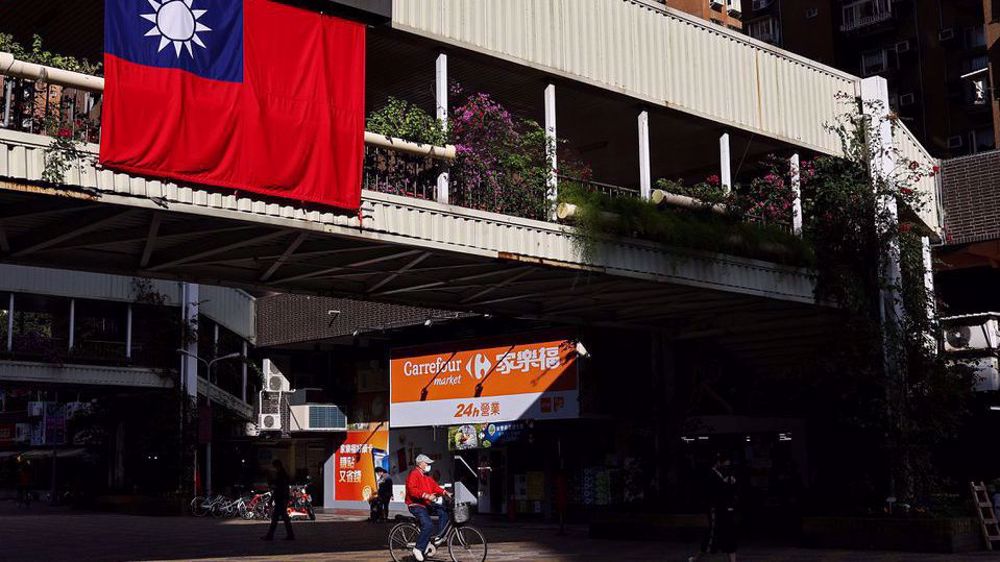
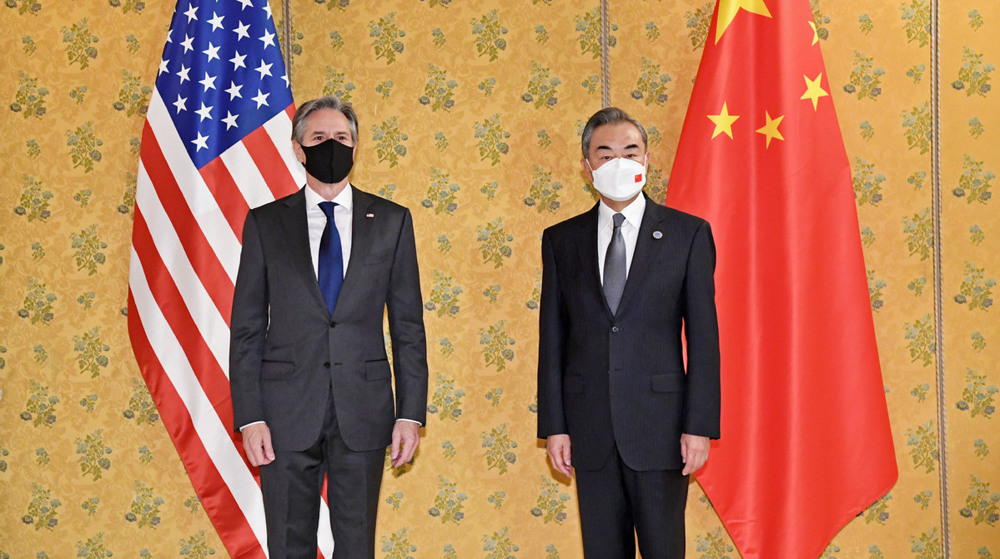
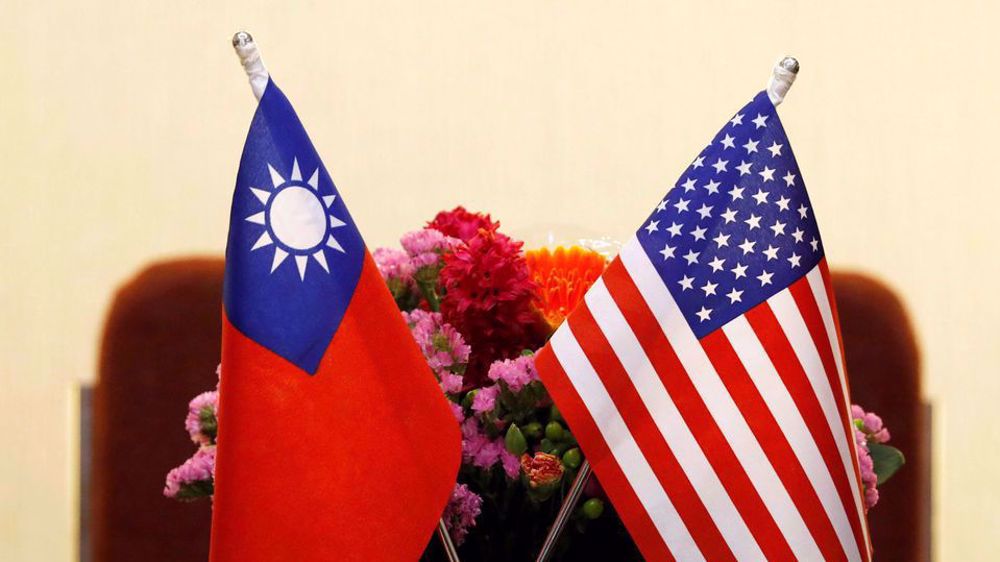
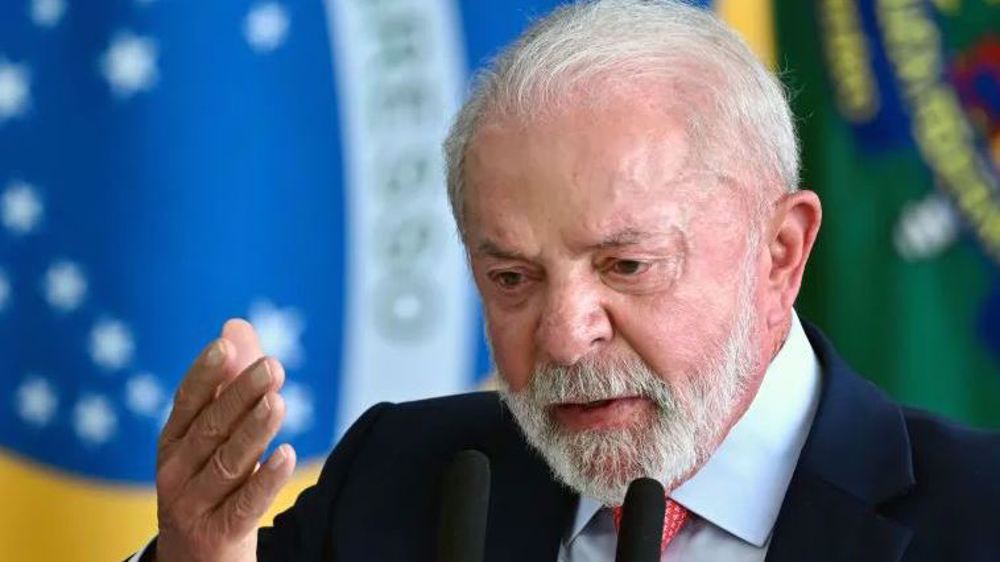
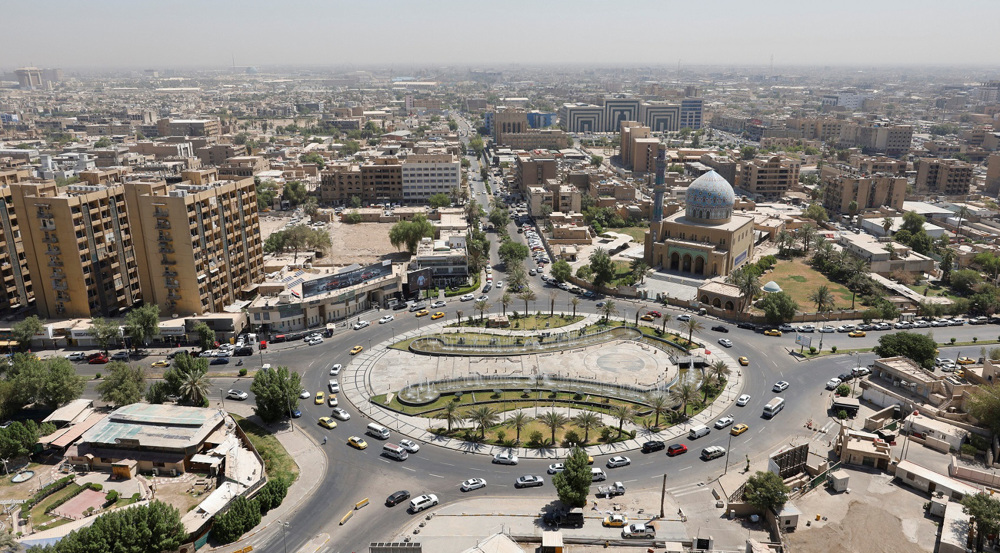




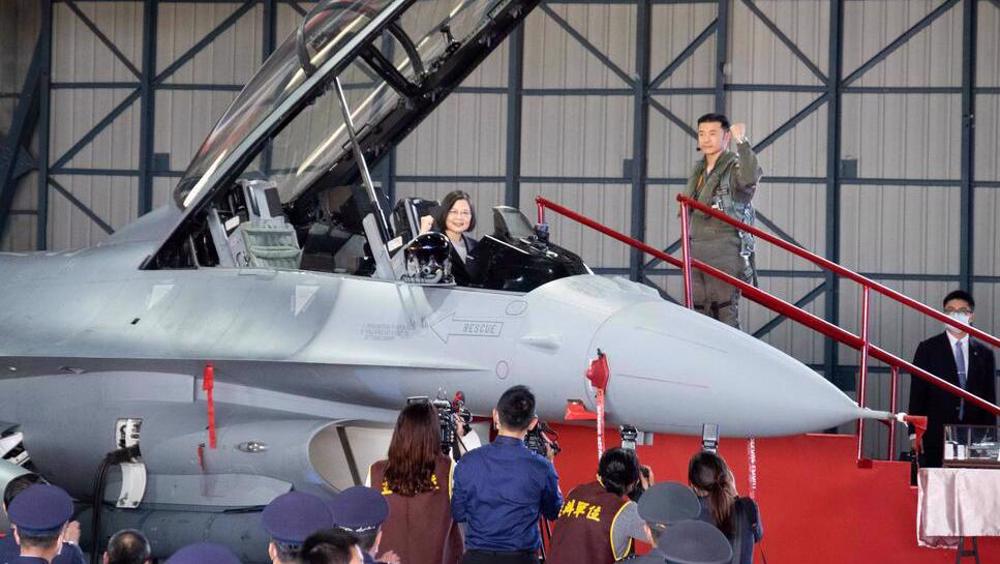
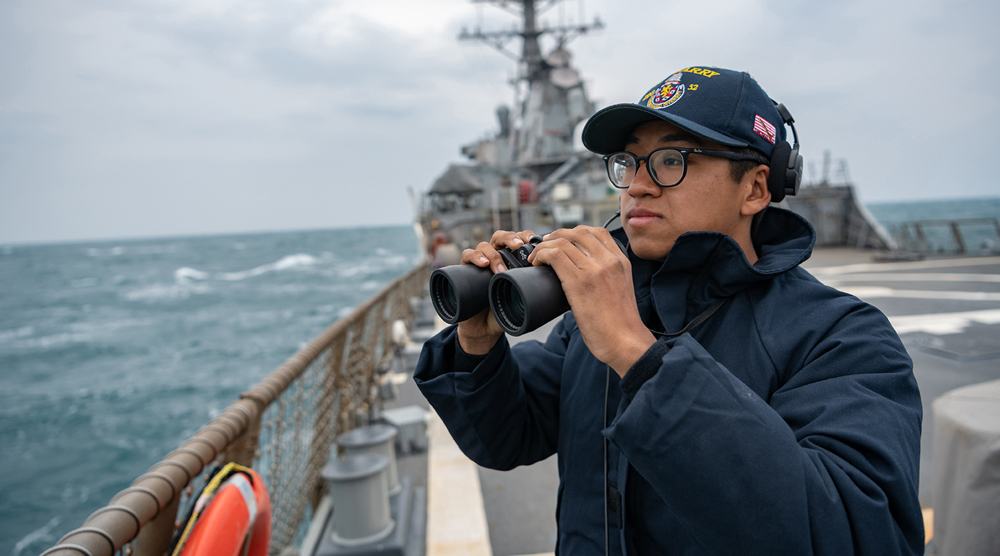
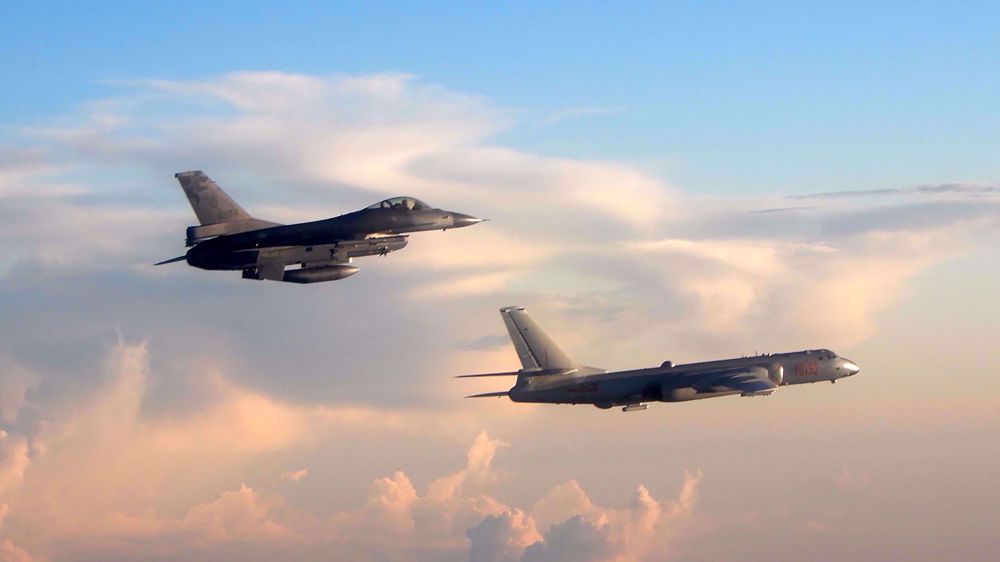

 This makes it easy to access the Press TV website
This makes it easy to access the Press TV website